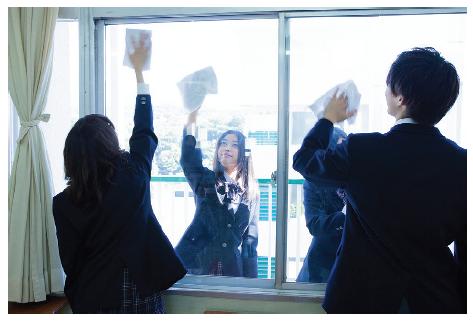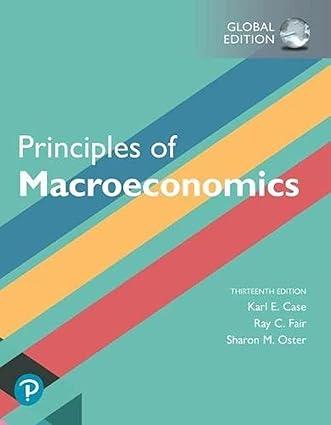In order to cover the cost of living, getting a part-time job is a common practice among
Question:
In order to cover the cost of living, getting a part-time job is a common practice among students; however, parents are concerned that combining paid work with academics may jeopardize their child’s performance. Evidence from across institutions indicates that a student working a part-time job is more likely to feel stressed, lack a social life, and face difficulties in completing assignments if the job is strenuous or poorly managed. This poses an interesting question on causality: does part-time employment cause poor academic performance or does a student’s academic predisposition cause her to choose such a job?
Given that getting a part-time job is often born out of necessity, determining causality in situations that are only partially a matter of choice is difficult. However, some studies, which include the effects of part-time jobs on academic performance, do solve the causality conundrum.
In Canada, university students can choose from various part-time jobs and most students do not complete non-course related work by their own choice. To test the effects of various types of part-time jobs, a study was conducted by Marsha Barber, a professor at Ryerson University, Canada, and Julia Levitan, a psychology student at the University of Guelph, Canada. They used data on final-year journalism students’ academic achievements and well-being at an urban Canadian university, the reason for getting a part-time job, and the number of working hours.1 The data indicated strong negative employment effects—predominant in students who worked for more than 20 hours a week— on the academic performance, learning engagement, motivation, and well-being of the student. In contrast, students at other universities are randomly assigned various course related part-time jobs within their schools. To test the employment effects on academic performance in such a situation, Mikhail Kouliavtsev, a professor at Stephen f.Austin State University, Texas, used a distinctive student dataset compiled over five years in a business course taught at a U.S. comprehensive regional public university. Mikhail observed that working smartly does have positive effects on academic performance, while longer working hours have a significant negative effect. The bottom line: Choose your part-time jobs wisely!

CRITICAL THINKING
Do you think the academic performance of university juniors' changes when they become seniors if they continue to pursue part-time employment? Why or why not?
Step by Step Answer:

Principles Of Macroeconomics
ISBN: 9781292303826
13th Global Edition
Authors: Karl E. Case,Ray C. Fair , Sharon E. Oster





